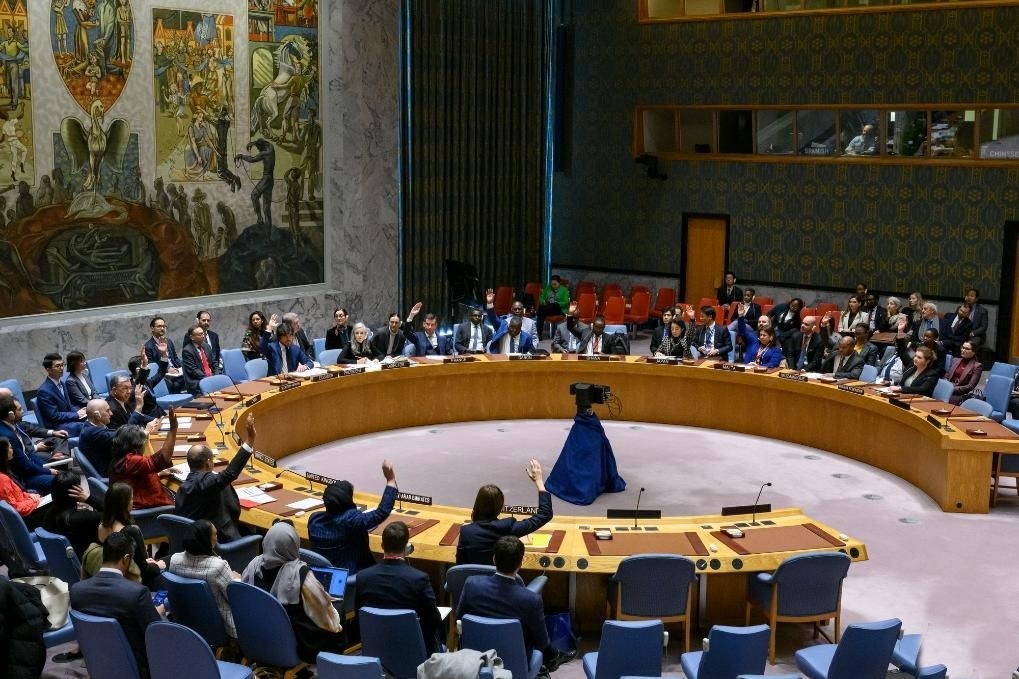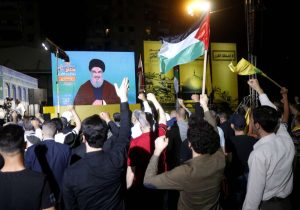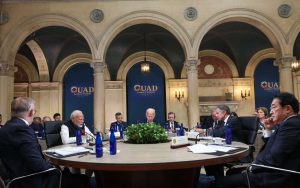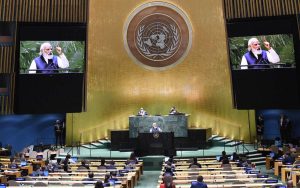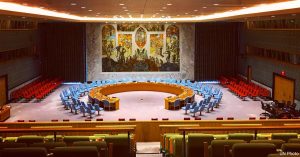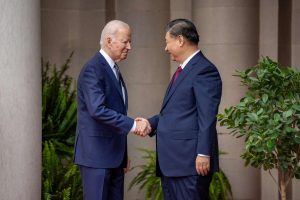The vote was originally scheduled for Monday but was then delayed until Tuesday evening to allow more time for negotiations….reports Asian Lite News
A UN Security Council (UNSC) vote on a draft resolution for additional humanitarian aid into Gaza has been delayed again until Wednesday in an effort to to allow negotiations to continue, media reports said.
According to the BBC, the new time is Wednesday at around 4 p.m. GMT (9.30 p.m. IST) after the Council’s meeting on Afghanistan.
The vote was originally scheduled for Monday but was then delayed until Tuesday evening to allow more time for negotiations.
The draft resolution, authored by the United Arab Emirates, calls for an “urgent and sustainable cessation of hostilities to allow safe and unhindered humanitarian access in the Gaza Strip” and demands the “immediate and unconditional release of all hostages”, Xinhua news agency reported.
For the draft to pass in the Security Council, it requires at least nine votes in favour and no vetoes from any of the permanent members, namely the US, France, China, Britain, and Russia.
“Delaying the vote to Wednesday suggests agreement hasn’t yet been reached on language that could gain a ‘yes’ vote from the US, or at least an abstention, which would allow the measure to pass,” CNN said in a report citing sources.
Addressing reporters on Tuesday, US National Security Council spokesperson John Kirby that “we’re still working through the modalities of the resolution”.
“It’s important for us that the rest of the world understand what’s at stake here and what Hamas did on the 7th of October and how Israel has a right to defend itself against those threats,” he added.
Earlier this month, the US vetoed a draft resolution at the Security Council demanding an immediate ceasefire between Israel and Hamas in Gaza.
Subsequently, the UN General Assembly called for a ceasefire last week, with a significant majority voting in favour.
UN officials and aid agencies have raised alarms about “a humanitarian crisis” in Gaza, including mass starvation and disease, as a vast majority of the region’s 2.3 million people have been displaced during the ongoing two-month conflict.
ALSO READ: WGS Shaping Future of Urban Economy
